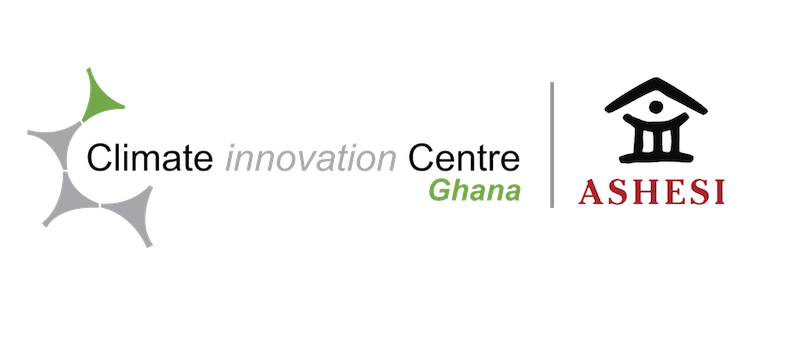People’s freedom to be and do what they want, in order to have fulfilled lives is the basis of the Capability approach by Amartya Sen. This social justice tool advocates for gender equality by:
- Stressing that women’s economic participation is a major influence for positive social change;
- Considering women as powerful agents for social change;
- Stating that empowering women through access to capabilities that allow them to be and do what they want in order to lead fulfilled lives, enables them to improve their own lives and those of men and children as well.
GCIC continues to seek equitable outcomes for its cohort members by supporting women to grow their agency and overcome societal and internalised handicaps to their fulfilment as female entrepreneurs. The Women Entrepreneurs Transformation Programme (WETP) may be summed up by the Capability approach, which discourages a one-size-fits-all strategy to addressing social inequalities. This is because people are challenged differently and so providing an identical package of benefits to all does not result in their optimal use or equal outcomes. Achieving equality therefore requires the playing field to be evened by equipping people with tools to tackle underlying problems that hinder their optimal use of opportunities given.
In attempting to do this, one-on-one conversations were held with the women cohort to try and understand their multiple contexts and roles as entrepreneurs, daughters, wives, mothers, and community leaders. Gaining insights into their personalities, challenges, strengths, inner conflicts, insecurities as well as their joys will facilitate the design of WETP interventions that build them up to reach their potential as fulfilled women and entrepreneurs.
Workshops for the current cohort began in December with a masterclass in barriers to finance that covered business strategy, followed by an investment readiness workshop. The genderised nature of business and different outcomes of male versus female owned businesses were highlighted. A look at reasons why women lag behind men in business performance revealed important differences in attitudes and how these could be overcome.
Investment readiness examined the limitations to women’s financial access and gave an overview of different types of funding. Women were taught how to make their businesses more investable.
In line with bridging the gap between female and male business outcomes, the WETP resumed in 2023 with a highly interactive masterclass that taught the importance of intentionality in business. Areas emphasized included the importance of a well thought out business strategy to enable goals to be achieved. Participants also learnt that whilst women often cite passion as their business motivation, profit clarity – knowing how to generate profit – is vital to ensuring a healthy business bottom line.

